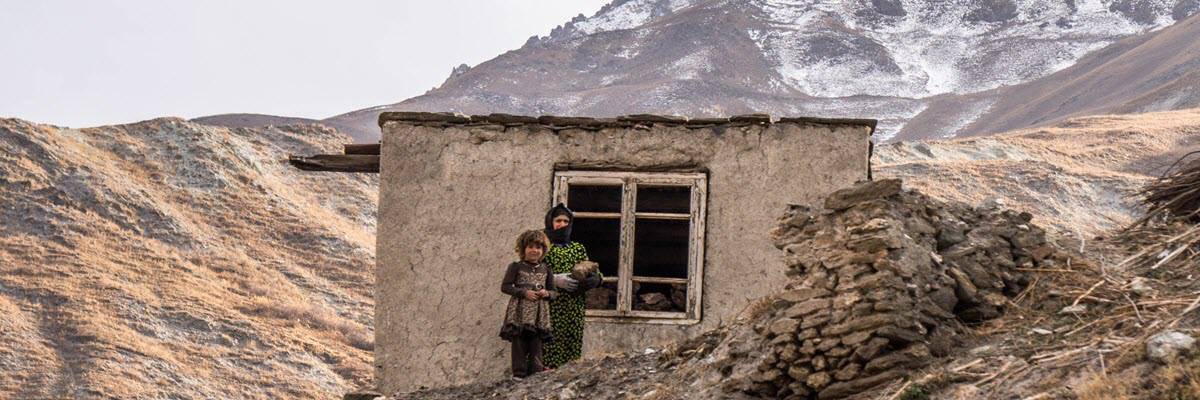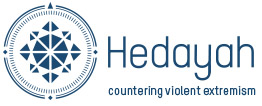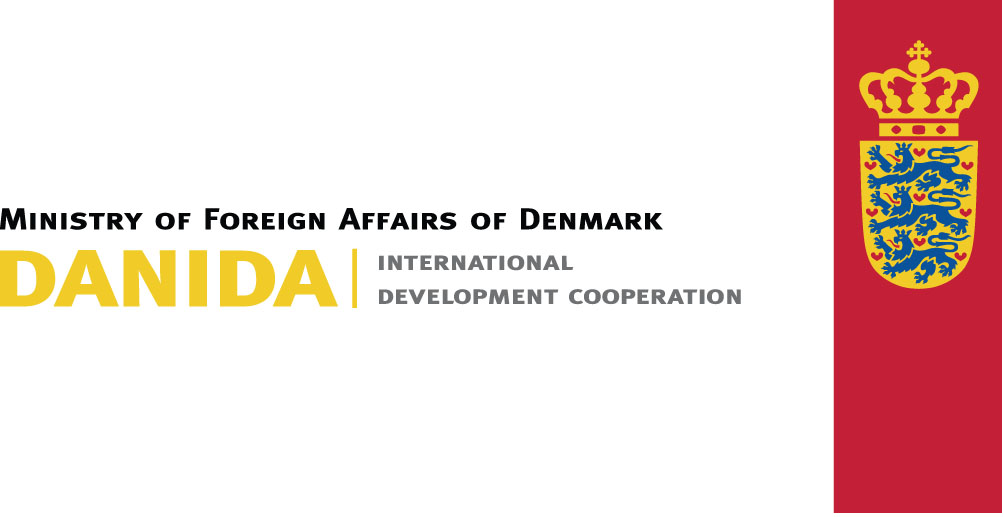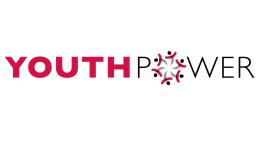
We believe in promoting soft skills and community engagement in order to address the drivers of conflict
In response to the reality of the challenge posed by violent extremism, EFCA-Tajikistan developed a participative, whole-society approach which is both evidence based and conflict sensitive. It draws on our experience in youth programming as well as regular consultations with experts on countering violent extremism and implementers in the country and the region.
The approach is also informed by the National Strategy on Countering Terrorism and Extremism of Tajikistan 2016 - 2020, which calls for joint work by all branches of government, civil society and the public. Although the possible scope of work is limited by external factors, we attempt to address the varied and complex web of drivers of radicalisation, including the critical role of people’s vulnerability when in migration. We believe in developing soft skills such as critical thinking and media literacy while encouraging active community engagement, to increase resilience, particularly among youth, to extremist narratives.
Tajikistan also faces localised challenges on its borders where cooperation with its four neighbours (Kyrgyzstan, China, Afghanistan, and Uzbekistan) have been limited. Cross-border skirmishes and disputes over land and resources are now commonplace, particularly on the border with Kyrgyzstan. EFCA employs a complimentary approach that focuses on social cohesion, community engagement through social activism, and developing soft skills, including peacebuilding competencies







The project aims to strengthen the resilience of young men and women from Tajikistan to the narratives and recruitment methods of violent extremist groups, by promoting the use of a positive youth development curriculum among schools, civil society actors. More details ...
Through this project we give young people opportunities to contribute to social cohesion and engage in inter-ethnic dialogue across borders while building their peacebuilding capacities and competencies. More details ...
EFCA Tajikistan conducted research striving to concretize the real impact of local and international efforts in the field of youth civic engagement and peacebuilding.
This project saw more than 50 young activists from the border regions take part in a camp for the development of cross-border cooperation called ‘Peace. Action. Creation!’ in the city of Kairakkum.
Within this project, EFCA-Tajikistan carried out research on young people’s views and opinions on development in Tajikistan, external aid, understanding of corruption, education and employment. Furthermore, a number of debate tournaments for young people took place throughout the country.
This project worked to reduce the threat of political and religious radicalization in five of the poorest districts of Sughd and Khatlon regions of Tajikistan by giving NGOs the knowledge, tools and opportunity to facilitate a coordinated approach among stakeholders to address triggers for radicalization. The project also engaged youths by designing and carrying out projects which aimed to help the people in their community.